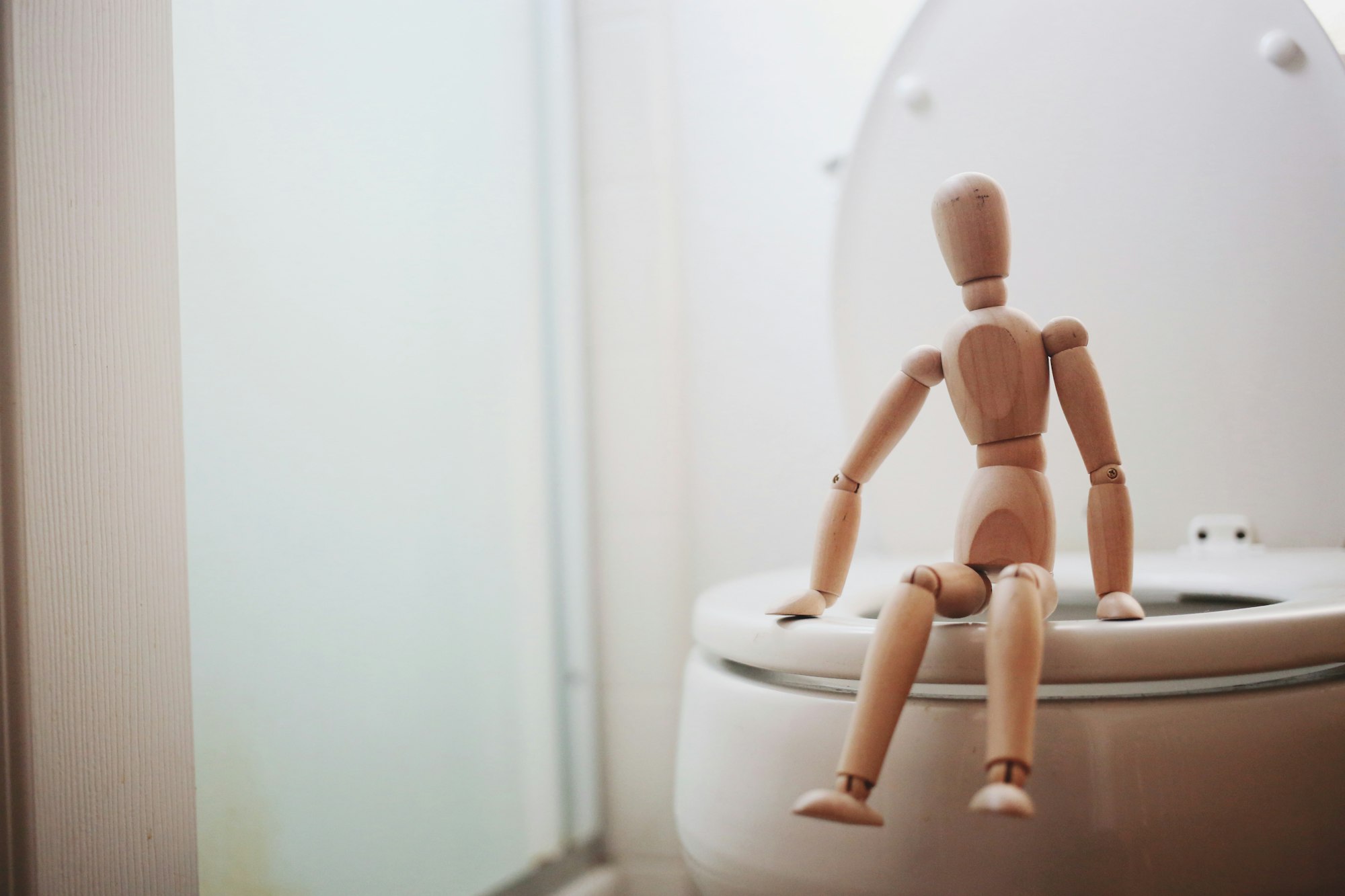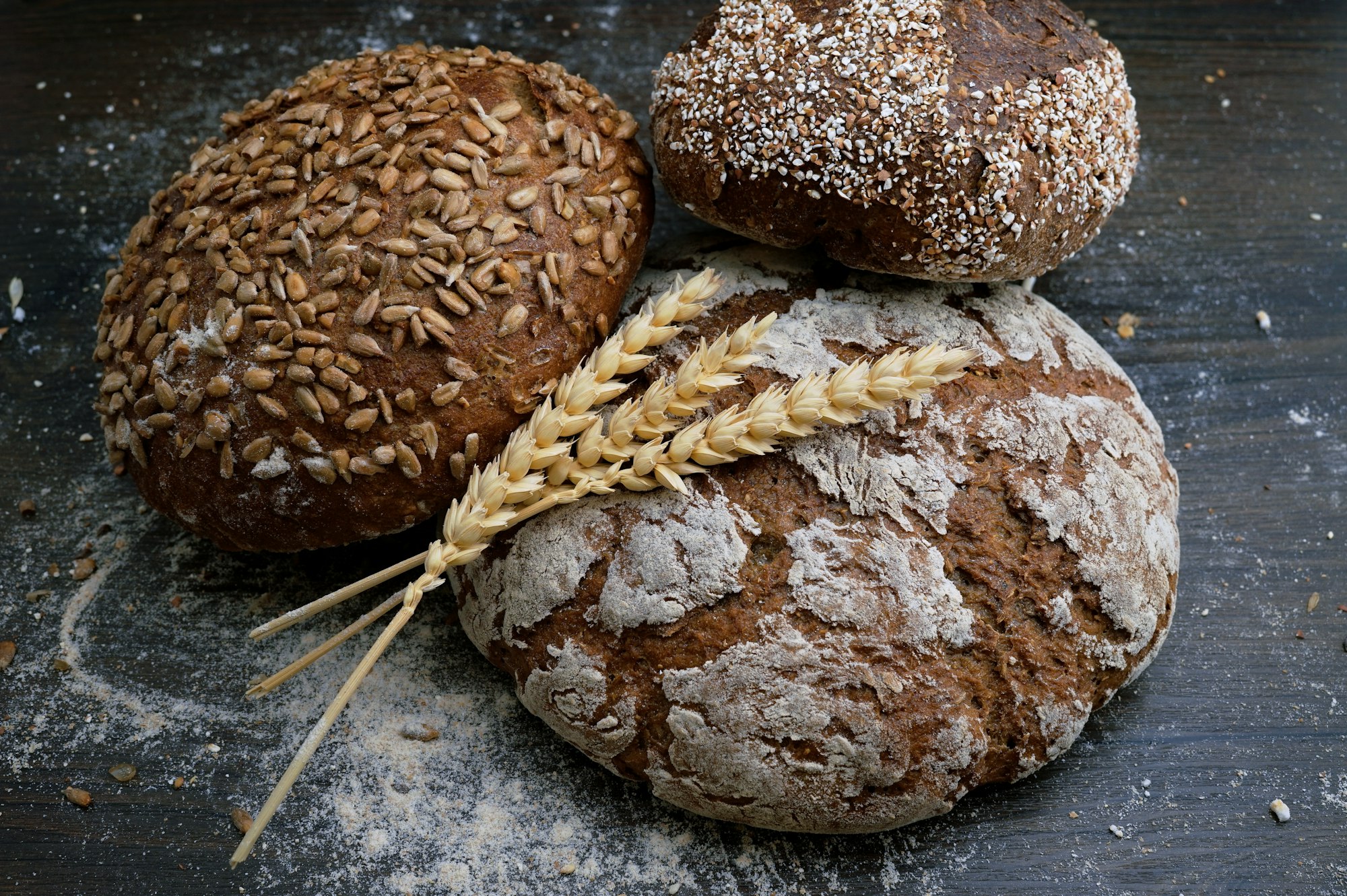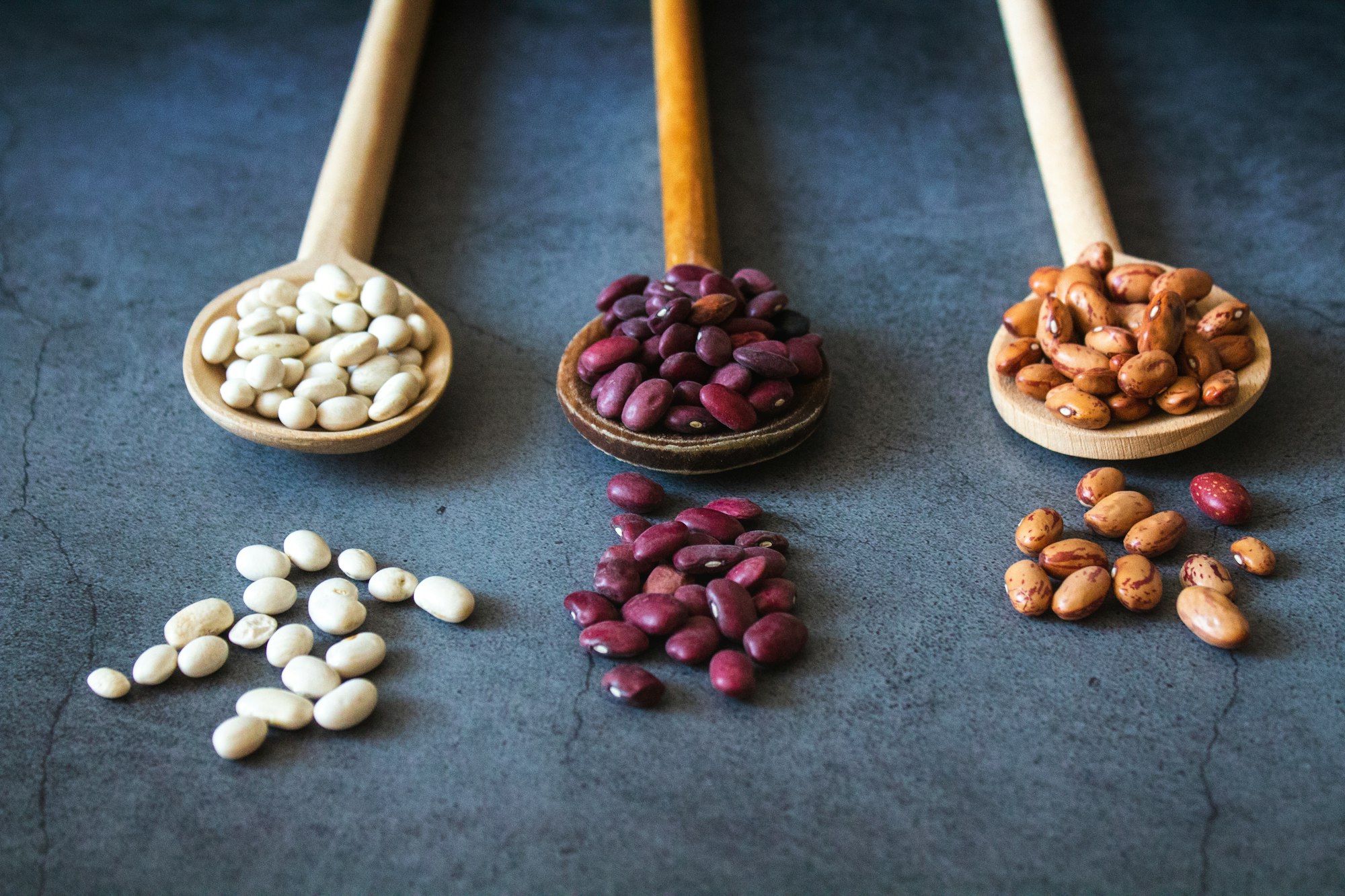In recent years, gut health has become a hot topic and is now one of the most popular wellness trends. Unfortunately, it can be difficult for individuals to know what to believe amidst misinformation and myths online. From colonics and probiotics to gluten-free diets and apple cider vinegar, join us as we separate the facts from the fiction when it comes to gut health.
As researchers continue to explore the gut microbiome, they are beginning to see it’s associated with everything from mood and metabolism to immunity and inflammatory bowel diseases. This emerging research has generated a surge of interest, making gut health one of the most popular wellness trends.
As you might expect, this has spawned numerous blogs and products online, many of which continue to spread misinformation. Amidst all this noise, it can be hard to know what’s true and false, fact and fiction. To help you along on your gut health journey, we are going to debunk some common myths about gut health. Without further ado, let’s dive in:
Table of contents:
- You should poo everyday
- Stress can cause stomach ulcers
- Probiotic supplements can “fix” your gut
- Gluten is bad for your gut
- Apple cider vinegar can aid digestion
- You should “cleanse” your gut with colonic irrigation
- Chewing gum will sit in your stomach for 7 years
- A lectin-free diet is good for the gut wall
- Takeaway
1.) You should poo every day

It is perfectly normal if you do not go to the toilet daily. A good measure of whether your toilet habits are healthy is the 3 and 3 rule; in short, this states that going to the toilet anywhere from 3 times a day to 3 times a week is within a normal range.
Many factors can influence how often you go to the toilet, including diet, hydration levels, age, and stress. With that being said, consult your GP if you notice sudden changes in your toilet habits. You can also use the Bristol stool chart to get clues into your digestive health. This is a visual graph that can help you tell whether you are suffering from diarrhoea or constipation.
2.) Stress causes stomach ulcers
The scientific community once believed that lifestyle factors, such as stress, were responsible for stomach ulcers and gastritis, but we now know this is not the case. Whilst stress and diet can exacerbate symptoms, stomach ulcers are actually caused by bacterial infections such as Helicobacter pylori.
We have two Australian scientists to thank for this discovery, called Robin Warren and Barry Marshall, both of whom were awarded the Nobel Prize in 2005. In a classic case of a scientist risking health in the name of progress, Marshall deliberately ingested H. Pylori, giving himself gastritis in the process.
3.) Probiotic supplements can “fix” your gut
Whilst some probiotic supplements might have benefits, they are certainly not a magic bullet and cannot “fix” your gut health. In short, there is some research suggesting that specific probiotic strains may help treat IBS symptoms and infectious diarrhoea after antibiotics. Whilst this is promising, the evidence base is currently insufficient to make any conclusive statements.
As it stands, there is no clear consensus on which strains, doses and mixtures of probiotics are most effective. What’s more, you do not need to take supplements to increase your probiotic intake. Instead, we recommended that you eat fermented foods high in beneficial bacteria, such as:
- Kimchi
- Kombucha
- Sauerkraut
- Miso
Lastly, probiotics without prebiotics are insufficient to encourage good gut health; you should also eat a variety of plant-based fibre, fruits and whole grains. These are prebiotic, meaning they feed the beneficial bacteria in your gut.
4.) Gluten is bad for your gut

Some individuals must avoid gluten entirely, namely those with coeliac disease, an autoimmune disorder that affects around 1% of the population. In those with coeliac disease, eating gluten causes their body to attack itself, resulting in damage along the small intestine.
Additionally, those with a wheat allergy also have to avoid gluten products, though this is even rarer than coeliac disease. Lastly, some individuals test negative for both wheat allergy and coeliac disease but continue to experience digestive upsets. This is known as Non-Coeliac Gluten Sensitivity (NCGS). Whilst the prevalence of these disorders is relatively low, as many as one-third of Americans say they are cutting down on gluten.
For those without these disorders, there is no reason to restrict gluten; In fact, gluten-free products are often lacking in folic acid, fibre, selenium, and B12, among other essential nutrients.
What’s more, studies suggest that those following a gluten-free diet are more likely to eat insufficient amounts of heart-healthy whole grains. In one study, 80% of those following a gluten-free diet consumed less than half of the daily recommended grain servings. Far from damaging your gut, whole grains are prebiotic foods that our beneficial bacteria love!
5.) Apple cider vinegar can aid digestion
There is no clinical research to show that Apple Cider Vinegar can improve digestion. In fact, it might even increase acid reflux in some individuals. If insufficiently diluted, ACV can also erode tooth enamel and irritate the oesophagus. Studies suggest that ACV can slow the time it takes for food to leave the stomach. This can cause unpleasant symptoms, including nausea, bloating and even vomiting.
6.) You should “cleanse” your gut with colonic irrigation
There is no scientific evidence that colonic irrigation improves gut health. Whilst it does empty the colon, this is not necessary unless you are undergoing a surgical procedure such as a colonoscopy. In these cases, a doctor will give you a special, laxative solution.
Moreover, your colon does not need to be “cleansed” or “detoxed”; your liver and kidneys work daily to do this very job and are perfectly capable! In fact, colonic irrigation can lead to bloating, stomach pain, infection and even a punctured bowel if performed incorrectly. What’s more, repeated colon cleanses can cause diarrhoea, thereby depleting your gut microbiome of good bacteria.
7.) Chewing gum will sit in your stomach for 7 years
Whilst chewing gum is insoluble, meaning our enzymes cannot break it down, this does not mean that it simply sits in our digestive system indefinitely. In reality, chewing gum passes through our system and out the other end in faeces. With that being said, you should not make a habit of swallowing chewing gum, as in rare cases, large amounts can cause issues, particularly in children.
8.) A lectin-free diet is good for the gut wall

A growing and vocal movement claim that lectins, a protein found in many plant foods, can damage the intestinal wall leading to chronic inflammation. As a result, proponents encourage people to exclude lectin-rich foods such as:
- Tomatoes
- Aubergine
- Goji berries
- Lentils
- Cashews
- Green beans
- Whole grains
- Kidney beans
In animal and in-vitro studies, lectins have been shown to bind with the intestinal wall of mammals and communicate with cells, triggering an immune response. To date, there have been very few human studies demonstrating the same, although it is well documented that undercooked kidney beans have a high level of lectins called phytohaemagglutinin which can induce severe nausea, vomiting and diarrhoea.
With that being said, lectins are heat sensitive, so cooking kidney beans and lentils at a high temperature destroys most, if not all, of these toxins. Like most things, the poison is in the dose, and when cooked properly, this is negligible.
Continuing, many lectin-rich foods, like bell-peppers, whole grain bread, courgettes and nuts are great sources of fibre, B-vitamins and other nutrients, all of which benefit the gut. In most healthy individuals, the health benefits of these foods far outweigh any harm trace amounts of lectin will cause after cooking.
When eating kidney beans and lentils, it is vital that you prepare these foods properly. The FDA recommend that consumers boil kidney beans for 30 minutes and caution that boiling them for less than 10 minutes can increase the toxicity levels five-fold. What’s more, never cook raw beans in a slow-cooker as the heat is insufficient to remove lectins. Lastly, always remember to drain the water you soaked the beans in.
Takeaway
The internet is a powerful tool that gives us all access to a wealth of information. Unfortunately, misinformation can- and often does- spread easily online, particularly on social media platforms. We understand that it can be hard to differentiate between facts and falsehoods, especially if those spreading them appear credible. To help you avoid myths going forward, here are a few tips to practice when exploring health issues online:
If it sounds too good to be true, it probably is.
When it comes to our health, there is no magic bullet. In reality, a balanced diet, an active lifestyle and plenty of sleep are the foundation of overall wellbeing. Anything that claims that there is a “quick-fix” for gut health is simply lying.
Beware one-size-fits-all answers
Our guts are unique, so whilst one person might benefit from a certain solution, it does not mean another individual will too. With this in mind, be wary of black-and-white approaches to gut health.
Listen to the experts
If you have a question, look for answers from a range of individuals with qualifications in the relevant field. That way, you can gauge what the collective expert opinion is on a certain topic.
Whilst credentials do not guarantee truth, they are a better marker for it than Instagram followers or likes. With that being said, measure an opinion on it's merits, not the authority of the person who is pushing it.
Avoid restrictive diets
Healthy eating does not mean restrictive eating. Instead, it should emphasise diversity, balance and discovery. Here at Atlas, we recommend the rainbow diet, which simply means you eat lots of different coloured fruits and vegetables.
Restrictive eating can significantly increase the risk of someone developing disordered eating. With this in mind, question any diets or nutritional advice which forbids entire food groups and emphasises restriction.
☝️DISCLAIMER☝This article is for informational purposes only. It is not intended to constitute or be a substitute for professional medical advice, diagnosis, or treatment.
















